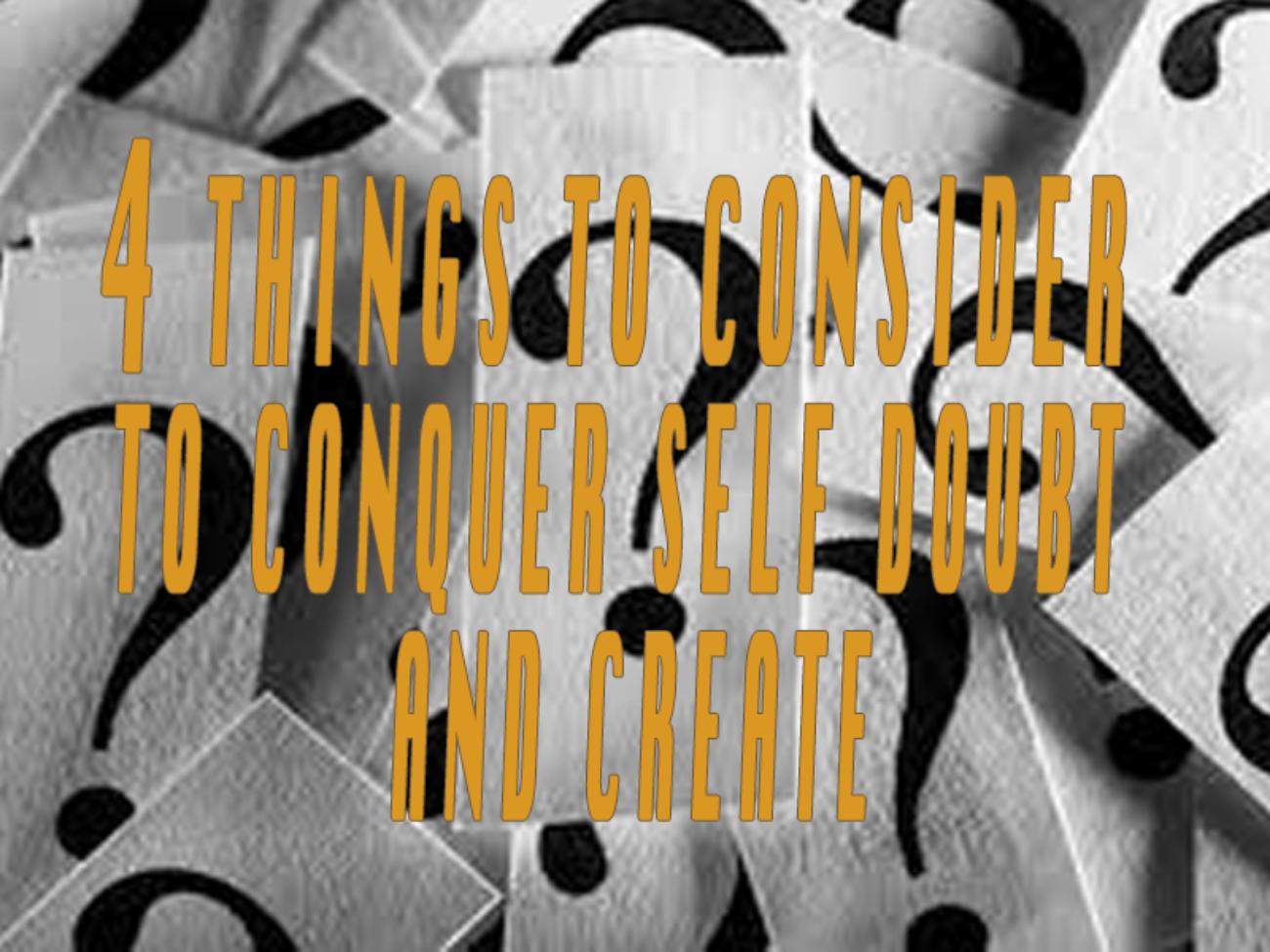This post may contain links to affiliate websites, and we receive an affiliate commission for any purchases made by you on the affiliate website using such links.
Music, a beloved and timeless art form that transcends cultural and generational boundaries, holds a significant place in the hearts of many worldwide. More than just a harmonious blend of notes, music possesses an extraordinary power to enhance lives and foster the acquisition of versatile skills. Whether through formal education within school systems or more personal avenues like private lessons, the benefits of music extend far beyond the confines of the classroom. Countless research studies have validated the profound influence of music on cognitive abilities, emotional well-being, and social growth, cementing its indispensable role as a fundamental aspect of enriching lives across every age group.
Music Education Improves Cognitive Development
Music education fortifies the mental faculties of learners by providing a multifaceted approach to learning. Individuals are not only immersed in a rich artistic form but also benefit from a plethora of cognitive advantages. Research has shown a strong correlation between musical training and enhanced academic performance, particularly in mathematics and language skills.
The intricate nature of music notation and rhythm fosters critical thinking, as learners are constantly challenged to decipher complex patterns and the relationship between notes and rhythms. This process requires individuals to problem-solve and develop analytical skills transferable to various academic subjects beyond music.
Students cultivate heightened concentration and focus, as they must pay close attention to the details, dynamics, and nuances of the music they are playing or listening to. This increased level of attentiveness carries over into other academic pursuits, allowing students to excel in tasks that require sustained focus and attention to detail.
Music education has also been linked to improved memory and recall abilities. The process of memorizing musical compositions and patterns involves the repetition of information, which enhances overall memory capacity. This strengthened memory capacity can be invaluable in settings where individuals must recall and retain a wealth of information.
In a world where rapid technological advancements continually reshape the educational landscape, music education remains a steadfast pillar of intellectual growth and development. It equips learners with unique skills that enhance academic achievement and cultivate a love for the arts, unleashing creative potential and enriching lives in immeasurable ways.
Additionally, the discipline and dedication inherent to music instruction instill valuable life skills. Learning music demands patience, perseverance, and resilience in navigating complexities and mastering techniques. These qualities, honed through musical practice, smoothly transcend into everyday life, cultivating a strong work ethic and the tenacity to confront challenges head-on, which are crucial for success in any endeavor.
Music Education Improves Emotional Intelligence
Music education immensely impacts emotional intelligence and well-being by providing individuals with a profound understanding of themselves and others. Through captivating melodies and harmonies, music allows students to delve deep into their emotions, giving them a platform to explore and express their innermost thoughts and feelings. This enriches their emotional awareness, helping them decipher complex emotions and navigate through life's challenges with greater ease. Furthermore, as students interpret and perform various compositions, they develop a heightened sense of empathy as they embody the emotions the music conveys. This ability to connect with the experiences and emotions of others encourages compassion and understanding, creating a supportive and inclusive environment. Immersing oneself in music also serves as a powerful outlet for self-expression, providing a safe space to release pent-up emotions and find solace. In this way, music education acts as a therapeutic tool, enhancing mental health and overall well-being. Overall, the combination of emotional awareness, empathy, and self-expression fostered by music education makes it an invaluable contributor to personal growth and a fulfilling life.
Music Education Improves Social Skills
Music education is a powerful catalyst for social cohesion and teamwork, bringing together individuals from different backgrounds and uniting them under the universal language of music. By actively participating in ensembles or group performances, students are honing their musical abilities and learning the values of peer collaboration, effective communication, and seamless cooperation. As they work towards a shared goal of creating harmonious melodies, a sense of community emerges, encouraging mutual respect and a strong sense of camaraderie among the participants. This profound sense of unity transcends cultural and societal barriers, creating an inclusive environment where diversity is celebrated and cherished. Moreover, the interpersonal skills nurtured through music education are not limited to music but extend to various aspects of life. These skills are essential to the very fabric of society, cultivating empathetic and socially adept individuals who are well-equipped to navigate and thrive in the ever-changing and diverse social landscapes of today and tomorrow.
Though the prioritization of other academic disciplines over music education happens frequently, neglecting music education undermines the holistic development of individuals. It's more than an extracurricular pursuit; it's an essential component of enhancing overall academic and personal growth. It's a cornerstone of comprehensive education, nurturing well-rounded individuals equipped to thrive in an increasingly interconnected world. Supporting music education programs is not just an investment in the arts but a commitment to cultivating the full potential of current and future generations.
Take advantage of the benefits of music education by registering for a free 30-minute virtual class with a live top coach in voice, various instruments, musical theatre, and much more!
- Art
- Independent Labels
- Internet Radio
- Music Documentaries
- Album Reviews
- Music History
- Music Industry News
- Free Game Friday
- Free Downloads
- Poetry
- Books
- Interviews
- Did You See It?!
- Hip Hop History
- Hear Here
- Music News
- Hip Hop Documentaries
- Music Marvels Radio Show
- Think Piece Thursday
- Mini Documentaries
- Instrumental Intel
- Music Humor
- Indie Analysis
- Conversations & Quotables
- Music
- Resources for Artists
- Podcasts
- Beats/Instrumentals
- Music Education








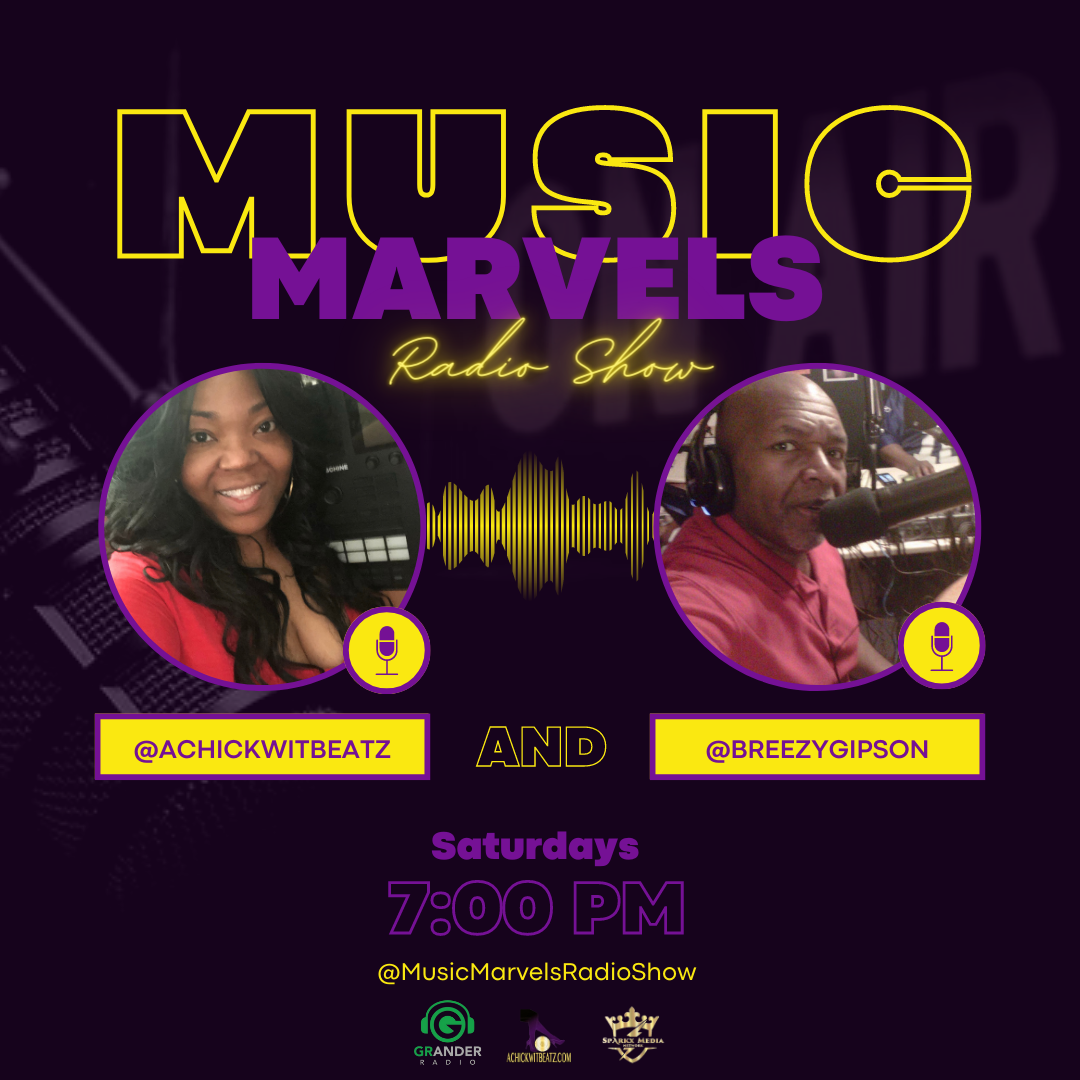
![Hear Here: Achickwitbeatz - Dopamine & Serotonin [Single]](https://images.squarespace-cdn.com/content/v1/52b0b90ae4b0293bfed0d692/1710852808557-EZYGFDIBHLBSIRFOVS1Q/Dopamine+%26+Serotonin.JPG)


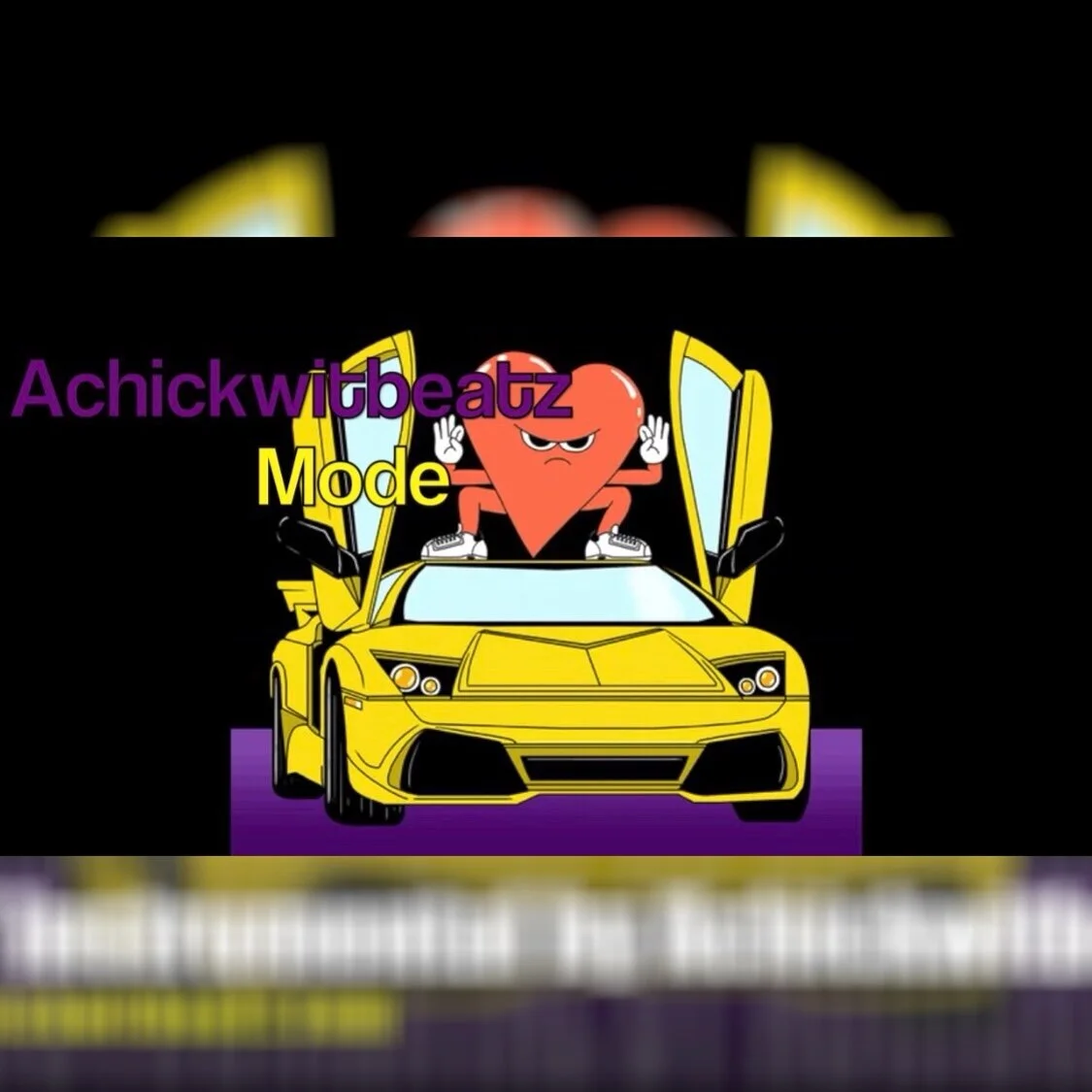
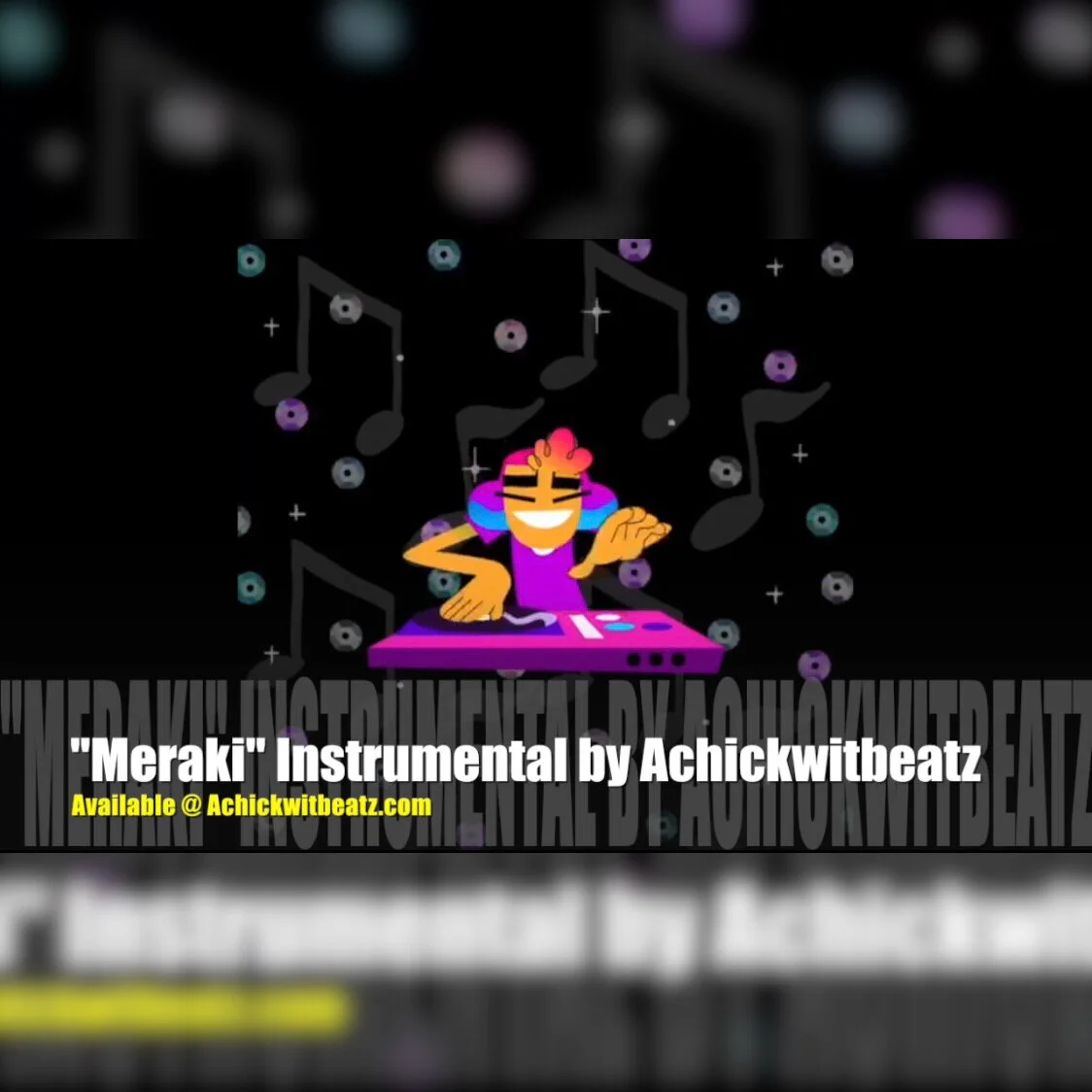





![Hear Here: Dagga Man- "Analytics" [Prod. by Achickwitbeatz]](https://images.squarespace-cdn.com/content/v1/52b0b90ae4b0293bfed0d692/1584638158548-9R55AZLWZIDFJC8LATV6/IMG_2212.JPG)







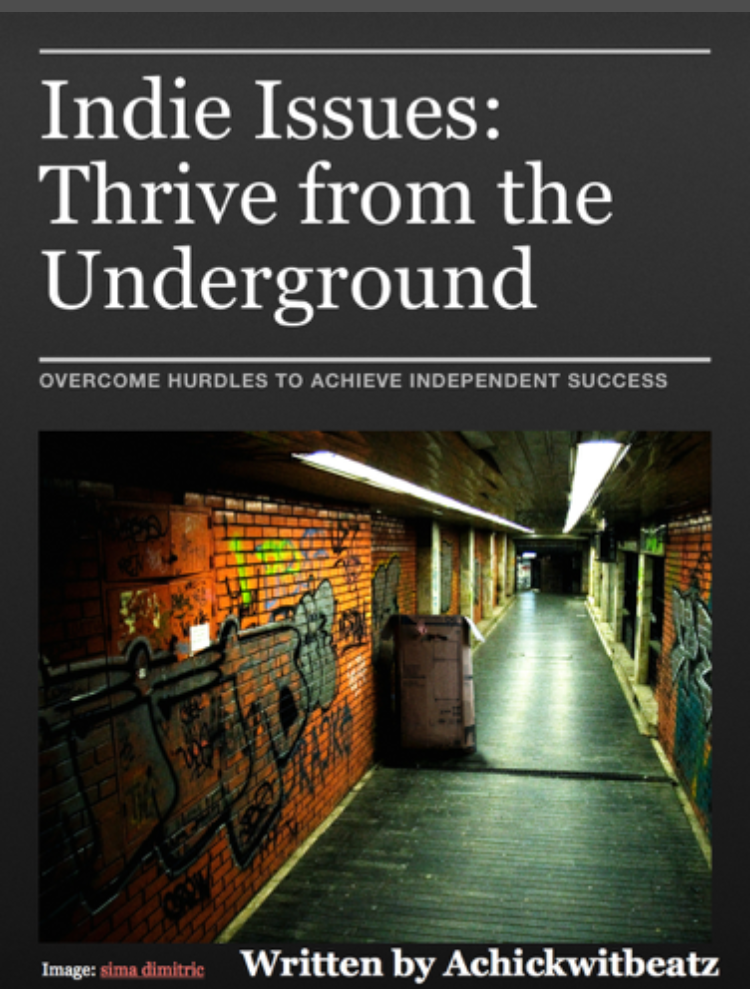
















![Making Music on a Budget [Infographic]](https://images.squarespace-cdn.com/content/v1/52b0b90ae4b0293bfed0d692/1582844361438-3JTE5NT3EL51FHXC0WJI/making-music-on_1929722%25281%2529.jpg)
